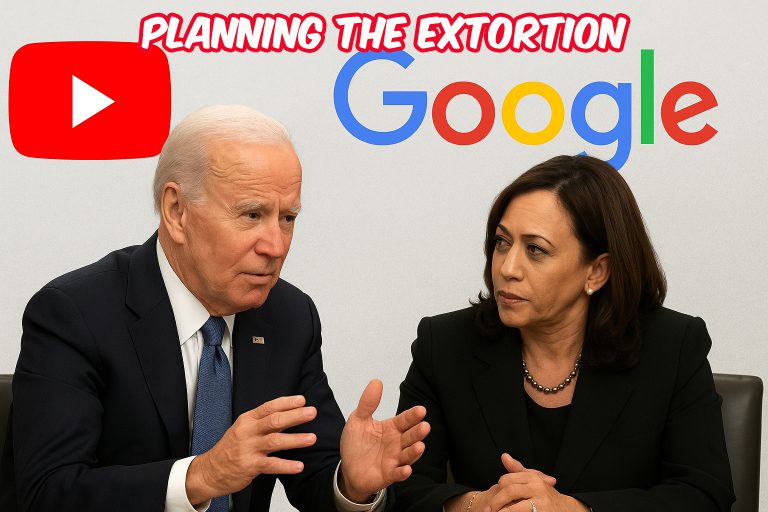
TikTok Ban in the United States
I have been closely monitoring the potential implications of a TikTok ban in the United States. The app, which has become a cultural phenomenon, not only entertains millions but also significantly contributes to the U.S. economy. Recent studies indicate that TikTok has driven approximately $24.2 billion in GDP contributions and supports around 224,000 jobs across various sectors in 2023. This economic engine is at risk as discussions about a ban intensify, raising concerns among businesses, content creators, and the digital marketing landscape.
Key Economic Contributions of TikTok
Revenue Generation: TikTok has reportedly generated $14.7 billion in revenue across key sectors, including retail, entertainment, and advertising.
Job Creation: The platform supports a vast network of influencers and small businesses that rely on its reach for marketing and sales.
Tax Contributions: TikTok’s operations contribute significantly to tax revenues, which are vital for local and state economies.
Potential Consequences of a Ban
Impact on Small Businesses: Many small and medium-sized enterprises (SMEs) utilize TikTok for marketing, and a ban could severely limit their customer outreach and sales potential.
Job Losses: Content creators and influencers who depend on TikTok for their livelihood may face significant financial hardships.
Shift to Competitors: A ban could lead users to alternative platforms like Instagram Reels or YouTube Shorts, but these may not offer the same level of engagement or monetization opportunities.
Public Sentiment
Surveys indicate that 50% of Americans support a government ban on TikTok, reflecting growing concerns over data privacy and national security. However, a significant portion of TikTok users oppose the ban, highlighting the platform’s role in their daily lives and income generation.







